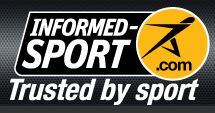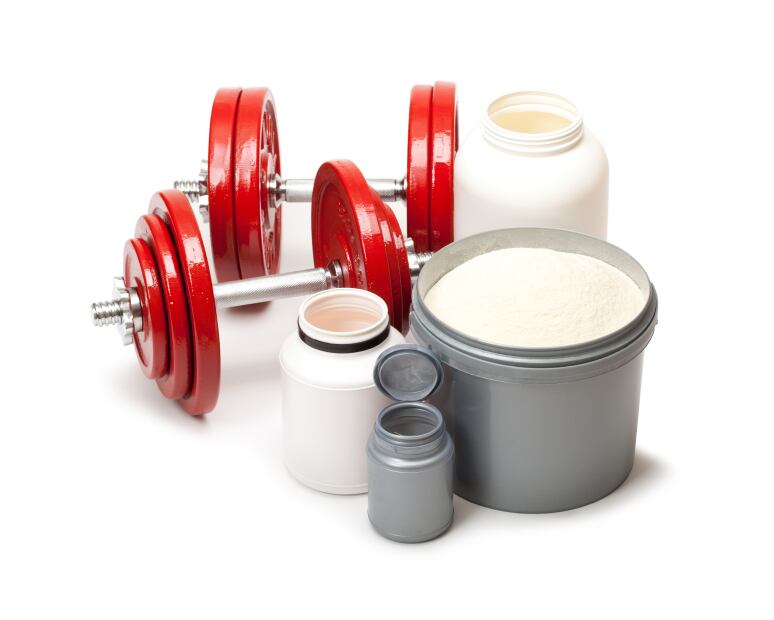“Athletes continue to talk tosh about contaminated supplements,” said Chris Whitehouse, European Specialist Sports Nutrition Alliance (ESSNA) director of strategy today.
Whitehouse added: “No responsible manufacturer or brand manager wants to see contaminated product on the market, it undermines the value of the business. Furthermore, isn’t it bizarre how the ingredient detected by testing athletes is always one that would help their performance?”
“It’s time sports professionals played by the rules and stopped using sports supplements as a fig leaf to hide their illegal activities.”
Osafa Powell, the Jamaican sprinter recently handed an 18 month ban for doping is an example. He blames supplements and says he will take his case to the Court of Arbitration for Sport (CAS).
German biathlete Evi Sachenbacher-Stehle is another classic example from Sochi. She failed a doping test for DMAA (1,3 dimethylamylamine/methylhexaneamine) but blamed a contaminated supplement.
NutraIngredients contacted her association to determine what the supplement was but an ongoing legal procedure expected to finish next month meant they would reveal nothing. In the meantime innuendo flows around the supplements sector, said Whitehouse.
“It is hard for industry to defend itself against vague and unsubstantiated allegations. Sports governing bodies and anti-doping agencies should, however, be demanding specifics from those found to have taken illegal substances. If they name specific brands, those brands can sue and seek punitive damages.”
In lieu of such specifics most athletic bodies take the easy stance of warning athletes off supplements – somewhat of a cop-out when stats show nearly all elite atletes take one supplement or another to boost their health and performance. The German Athletics Federation told us that was the case there.

And so while ‘Responsible manufacturers’ may engage in top-line QC ad Good Manufacturing Practices (GMP) and participate in programmes like the LGC-owned Informed-Sport’s contaminant testing service that runs out of the UK but has an international focus,rogue players – both manufacturers and sports folk – continue to sully the sector.
Terence O'Rorke, business sector manager at Informed-Sport, praised the scheme that has 225 products on its books, with every batch tested in LGC’s labs to make the list.
Since 2008 when it began, not one product on its books has been implicated in a doping case, even as UK Anti-Doping told us 44% of 2012 UK doping cases were blamed on “inadvertent consumption of supplements.”
“It has become the default position for caught athletes to blame contaminated supplements so we hope Informed-Sport is making a difference to that.
"But it is old-fashioned to tell athletes not to take supplements when so many of them take them anyway – what they need is education and appropriate advice.”
"We work closely with anti-doping agencies like WADA (World Anti-Doping Agency) and others but we also recognise that contamination remains a big problem.”

Whitehouse said his group that includes 43 sports nutrition stakeholders was upping its game in the fight against contamination.
“ESSNA is not yet in a position to undertake its own testing of products, so our enforcement activity is aimed directly at cowboy companies who either openly market illegal ingredients or make unlawful claims for their products.
“We take action against such businesses on a regular basis, informing enforcement authorities around Europe when it is clear that a law has been broken. We will continue to do so.”
